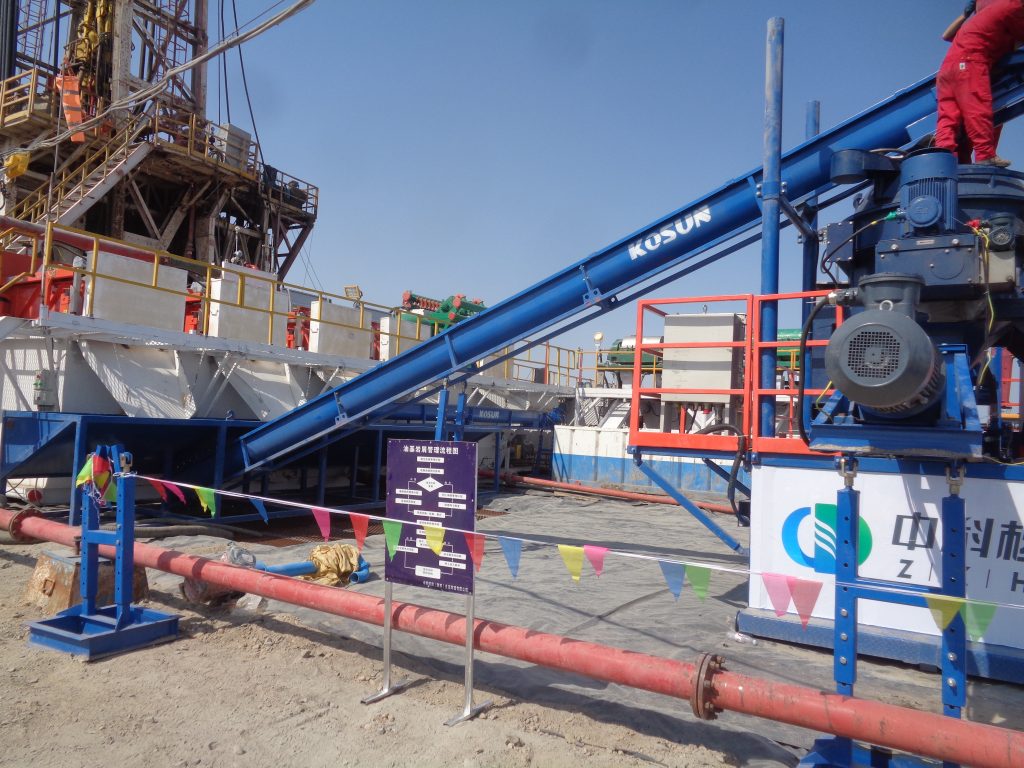Oil drilling waste slurry disposal is an important aspect of the oil and gas industry as it directly impacts the environment and public health. Effective disposal of oil drilling waste slurry is critical to minimizing environmental impact and ensuring compliance with regulations. Here are some key strategies for effectively disposing of oil drilling waste slurry.

First, it is crucial to separate the solid and liquid components in the waste oil slurry. This can be achieved through mechanical separation techniques such as centrifugation or filtration. By removing solid particles from the slurry, the liquid portion can be processed more easily and the overall volume of waste can be reduced.
Once the solid and liquid components are separated, the next step is to process the liquid portion to remove contaminants and impurities. This can be done through various methods such as chemical, biological or thermal treatment. Chemical treatment involves the use of specific chemicals to break down and remove contaminants from the slurry. Biological treatment uses microorganisms to degrade organic compounds in the slurry, while thermal treatment involves the application of heat to evaporate and separate contaminants from the liquid.
In addition to disposing of the liquid portion, it is also important to properly manage the solid waste generated during the treatment process. This may involve dewatering solid waste to reduce its volume and facilitate proper disposal or recycling.
In addition, the use of advanced technologies such as electrocoagulation, membrane filtration or oxidation processes can significantly improve the processing efficiency of oil drilling waste oil slurry. These technologies help achieve higher levels of contaminant removal and reduce the overall environmental impact of the treatment process.
It is also important to prioritize the reuse and recycling of treated slurries whenever possible. By recycling and reusing treated slurry, waste generation can be minimized, resulting in cost savings and environmental benefits.
In summary, efficient disposal of oil drilling waste slurries requires a combination of mechanical separation, efficient treatment methods, advanced technologies, and a focus on waste minimization and recycling. By implementing these strategies, the oil and gas industry can effectively manage oil drilling waste slurry while minimizing its impact on the environment.

